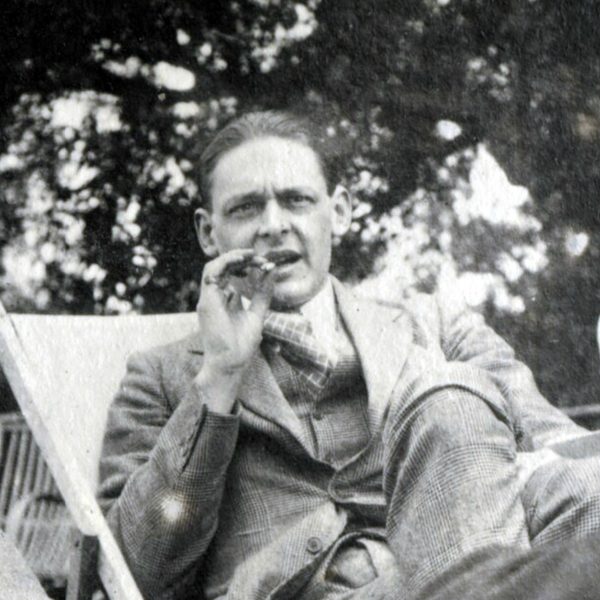Wherever we go, or wherever we stay, we travel. As much as it might be a cliché, life is a journey. Departing from our mother’s womb, we gradually make our way to the earth’s belly or fiery furnace which will eventually receive us. We began in one place and will end in another, be that place geographical or a situation in life. Indeed, the most important journey is the internal one. Where will all of life’s circumstances, and those many miles we traverse, lead us to? For all the land and sea we cross, will we be good people, will we achieve our potential and the purpose for which we were made? Will the world be a better place because we moved across it? Will all the experiences I have acquired and the lands I have seen lead me to be more generous, more loving, more virtuous? Will I just take from them—the latest update in colonial exploitation—or will all I have received through travel lead me to give, to add value to the lives of others, either in the place I have gone to or the one I return to? And will all my journeying be meaningful? Will I go to a destination narrow and blinkered in my arrogant sense of superiority, or in shallow superficiality, or simply to steal pleasure and “adventure” from it, without letting myself be challenged by all that place might be saying to me, with its good and its bad? What T. S. Eliot wrote in one of his poems applies to so many tourists who notch up ever more sites on their “been there” list: “We had the experience but missed the meaning.” If I leave a place as empty as I arrived there, I have no more journeyed than a migrating animal in search of food. Next year it will do the same, crossing deserts or oceans perhaps, never knowing why, and no richer internally for all the distance it has traveled.

Wherever we go or stay, we travel—that is, if we do so as rational and sensitive human beings. Why waste money on flights—and give one’s country a bad name—if it’s just to drink abroad. To travel is to look, to wonder, to contemplate, to ask why, to be challenged, to convert. You will be affirmed by or made grateful about some aspect of your life. You will feel the need to change others. A man or woman who cannot appreciate the beauty of a local pond or wood doesn’t deserve to travel. If you haven’t rejoiced over sunrays sparkling softly on a local river, don’t bother adding to your carbon footprint. When you can begin to enjoy beauty around you, you might start to value it abroad. When you begin to be curious about the cultural diversity in your neighborhood, you might have some hope of understanding something about a culture across the sea.
How deeply do I consider the world around me? How much do I notice? What questions do I ask myself? To travel is to go out of oneself, to go beyond one’s confines, to break out of one’s prejudices. But to do that one must have something to go out of, some substance of personality, some depth of thought, some firmly held values to question. A cloud does not go out of itself. It simply forms or dissipates under the wind’s influence. An empty person does not really journey, he is merely blown about by advertising or peer pressure. Only by knowing where you stand—culturally, morally, socially—can you take a significant step to move somewhere else.
Wherever we go, we travel. A deep person doesn’t need to go far to go a long way in exploring life’s mystery. Then the further such a person might travel abroad, the more he or she will advance inside. A shallow person might fly to the furthest extremes and go through life like a Neanderthal knuckle-scraping the narrow stretch of land he dare not go beyond. The real journey is inside. Ultimately, the question is not how far you want to go but how deep.

